JIUNGE NASI WHATSAPP TU FOLLOW. BONYEZA HAPA
Jinsi ya Kujiunga na JWTZ | How to Join JWTZ
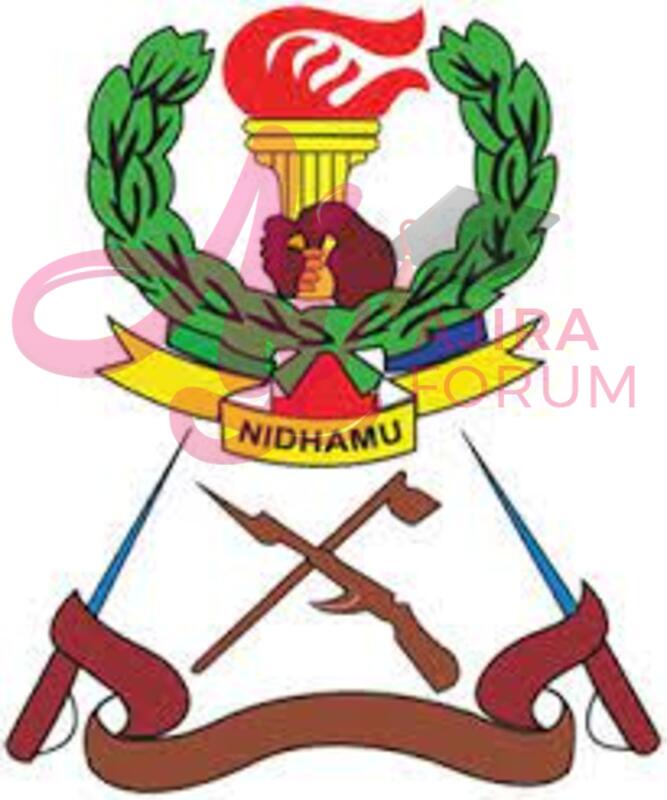
Jinsi ya Kujiunga na JWTZ | How to Join JWTZ This Jinsi ya Kujiunga na JWTZ, Utaratibu wa Kujiunga na JWTZ Informative Article you will get Sifa za Kujiunga na Jeshi la Wananchi Tanzania(JWTZ) Kindly Read Careful this Interested Article to know How to Join JWTZ.
Our forefathers were here when employment, security, and safety activities first began in Tanzania. Every member of the community was included in the traditional protection that many communities in different parts of the country had. All societies at the period relied on traditional protection for their security. As fundamental weapons to defend their societies, our ancestors employed inferior weapons such bows, spears, swords, and axes. Each tribe had its unique method of teaching its young members how to handle weapons before eventually entrusting the adolescents with the duty of defending their villages.
JWTZ Enrrollment
- Anyone will be enrolled in the Tanzania People’s Defense Forces (TPDF) with the following qualifications: –
- Be a citizen of Tanzania/Awe Raia wa Tanzania
- Must have a Form Four Education and continue and be successful. (Form Four)
- Must be single(Kutoolewa au Kuoa)
- Must be 18 to 25 years of age (Umri)
- Have good manners and conduct
- Be sane and healthy
Terms of Service, JWTZ 2022
- Soldiers will be given a service number after completing initial training.
- He will serve in the Army for the first six years, after which he will serve on a two-year contract with the approval of the Commander-in-Chief.
Officers
Officers Selection Board
interviews Soldiers with Form Six education and onwards from the Armed Forces and Recruitment Schools.
Successful candidates are given the status of Officer Cadet, and are sent to the Tanzania Military Academy for one year training.
JWTZ Recruitment Requirements (In Swahili)
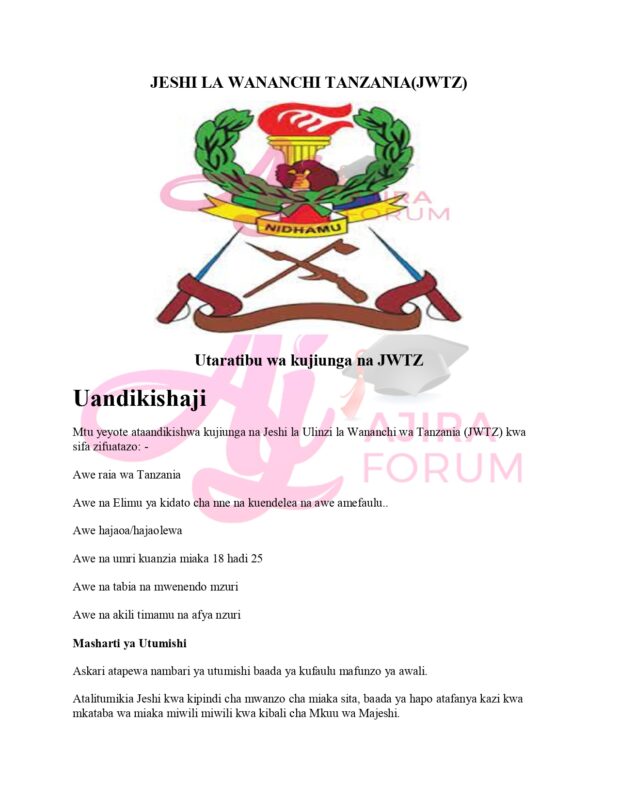
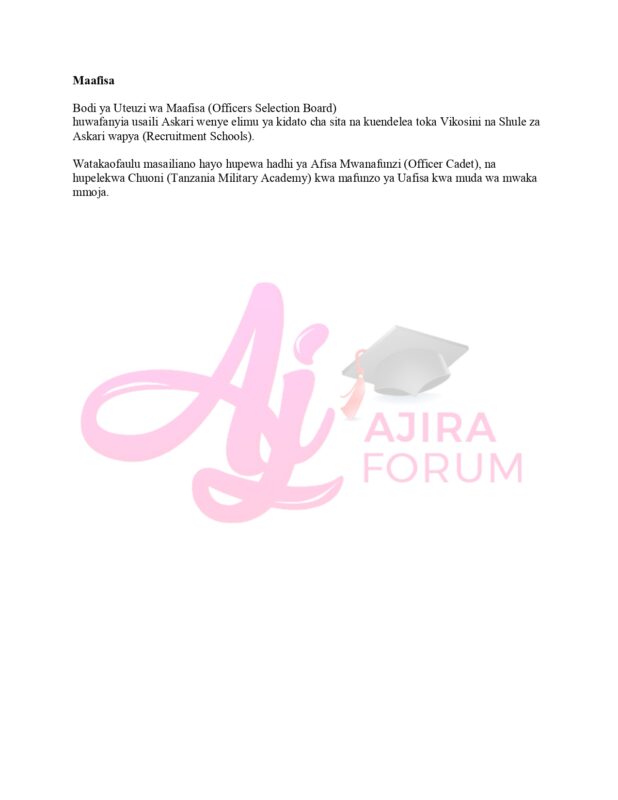
Background of JWTZ
Our forefathers were here when employment, security, and safety activities first began in Tanzania. Every member of the community was included in the traditional protection that many communities in different parts of the country had. All societies at the period relied on traditional protection for their security. As fundamental weapons to defend their societies, our ancestors employed inferior weapons such bows, spears, swords, and axes. Each tribe had its unique method of teaching its young members how to handle weapons before eventually entrusting the adolescents with the duty of defending their villages.
Following the industrial revolution in Europe in the 19th century, political, economic, and social changes were experienced on the African continent. This marks the beginning of foreign rule over numerous African nations.
Following the Berlin Conference, which partitioned the African continent into nations without the Africans’ own approval, Germany was given the right to rule Tanganyika. In order to have a single administration and colonial army, the German army started a push to end tribal rule in the nation. Because German rule wanted to completely demolish the structure of traditional defence, politics, and local economy, certain tribes joined the struggle against the German Army.
A prime illustration of how some tribes in the nation had formidable defences while utilising less weapons is the Battle of Chief Mkwawa in 1890. But from 1905 to 1907, a naval conflict came out when Chief Mkwawa’s fight with the Germans ended in defeat.
As many tribes employed their traditional weaponry to repel the invasion of European soldiers, but unitedly stood hard against their African identity, the war put Tanganyika’s history on the map of the world.
Africans were denied the right to self-defense at the time of partition, which resulted in a change in security conditions and marked the beginning of the country’s military force’s modernization.
After the First World War, which lasted from 1914 to 1918, when the Germans lost and pillaged the colonies they controlled as a condition of the war’s loss, the military movement in the nation assumed a new dimension. Tanganyika was put under British oversight and the UN Security Council’s jurisdiction. But from that moment forward, the Kings African Rifles served as the formal Army structure that commanded Tanganyika (KAR).
JIUNGE GROUP LETU LA TELEGRAM. BONYEZA HAPA
Originally posted 2024-03-03 02:24:29.

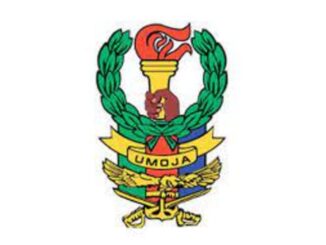
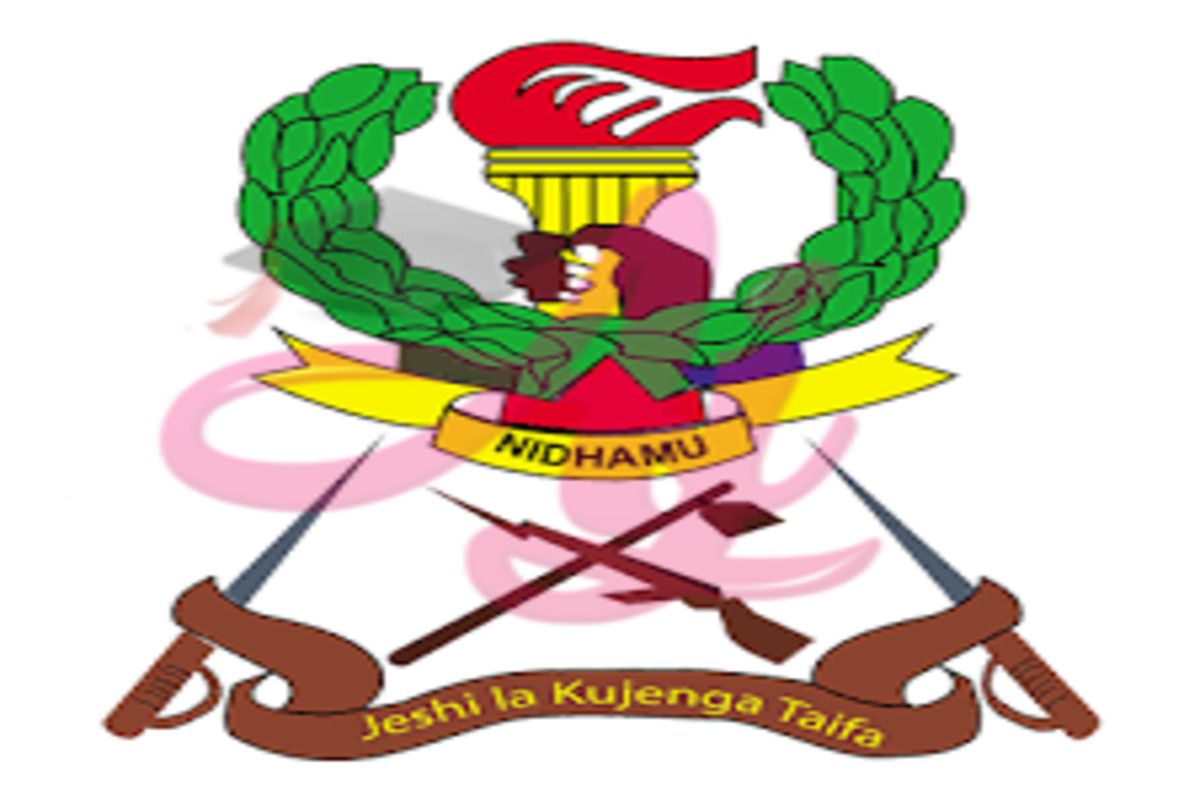
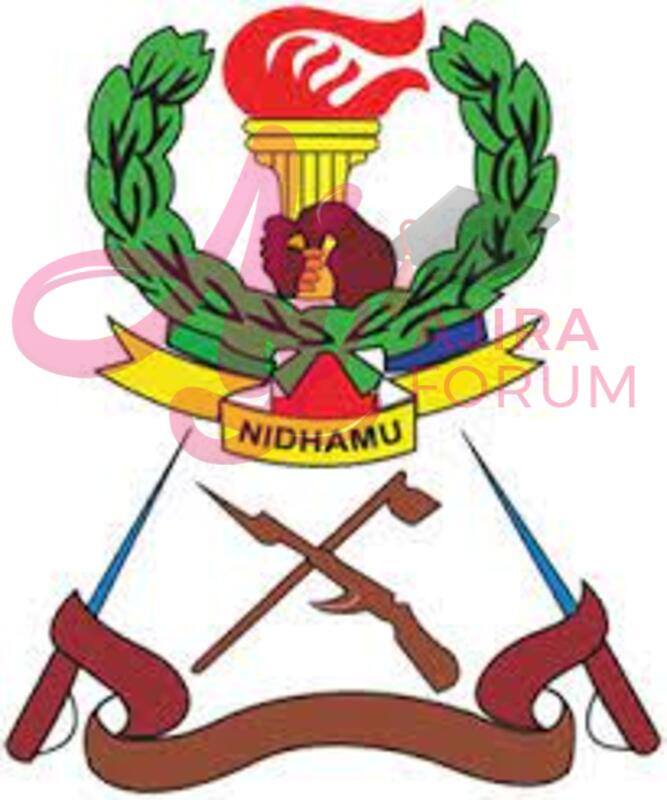

Be the first to comment